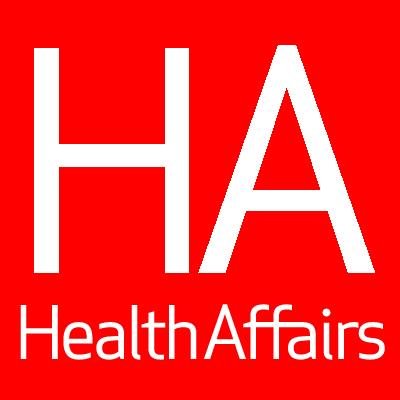
Editor's Note States are sharpening their focus on outpatient facility fees, using new data and reporting mandates to expose how these charges inflate commercial healthcare spending, HealthAffairs October 6 reports. Specifically, Colorado, Maine, Connecticut, and Washington have launched varied but increasingly sophisticated efforts to monitor when and where hospitals bill…

Editor's Note Patients and insurers pay far less for outpatient surgical procedures performed at in-network ambulatory surgery centers (ASCs) than at hospital outpatient departments (HOPDs), the American Journal of Managed Care October 6 reports. This study, led by Xiaoxi Zhao, PhD, Christopher Whaley, PhD, and colleagues, analyzed commercial claims data…
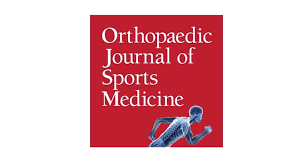
Editor's Note Sports medicine surgical procedures for Medicare patients cost significantly less in ambulatory surgery centers (ASCs) compared with hospital outpatient departments (HOPDs), according to a study published by the Orthopaedic Journal of Sports Medicine on August 29. Researchers analyzed Medicare Procedure Price Lookup data for 62 commonly billed outpatient…
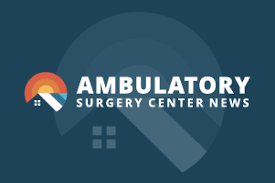
Editor's Note The plan to eliminate the Medicare Inpatient-Only (IPO) List and expand the Ambulatory Surgery Center Covered Procedures List (ASC-CPL) from the Centers for Medicare & Medicaid Services (CMS) has generated widespread reaction, with more than 3,900 comments submitted during the official feedback period, Ambulatory Surgery Center News September…

Editor's Note Medicare patients treated in hospital outpatient departments (HOPDs) present with greater socioeconomic and clinical complexity than peers seen in independent physician offices, including higher prior emergency department (ED) visits and inpatient use. According to an American Hospital Association (AHA) study conducted by KNG Health Consulting and published on…
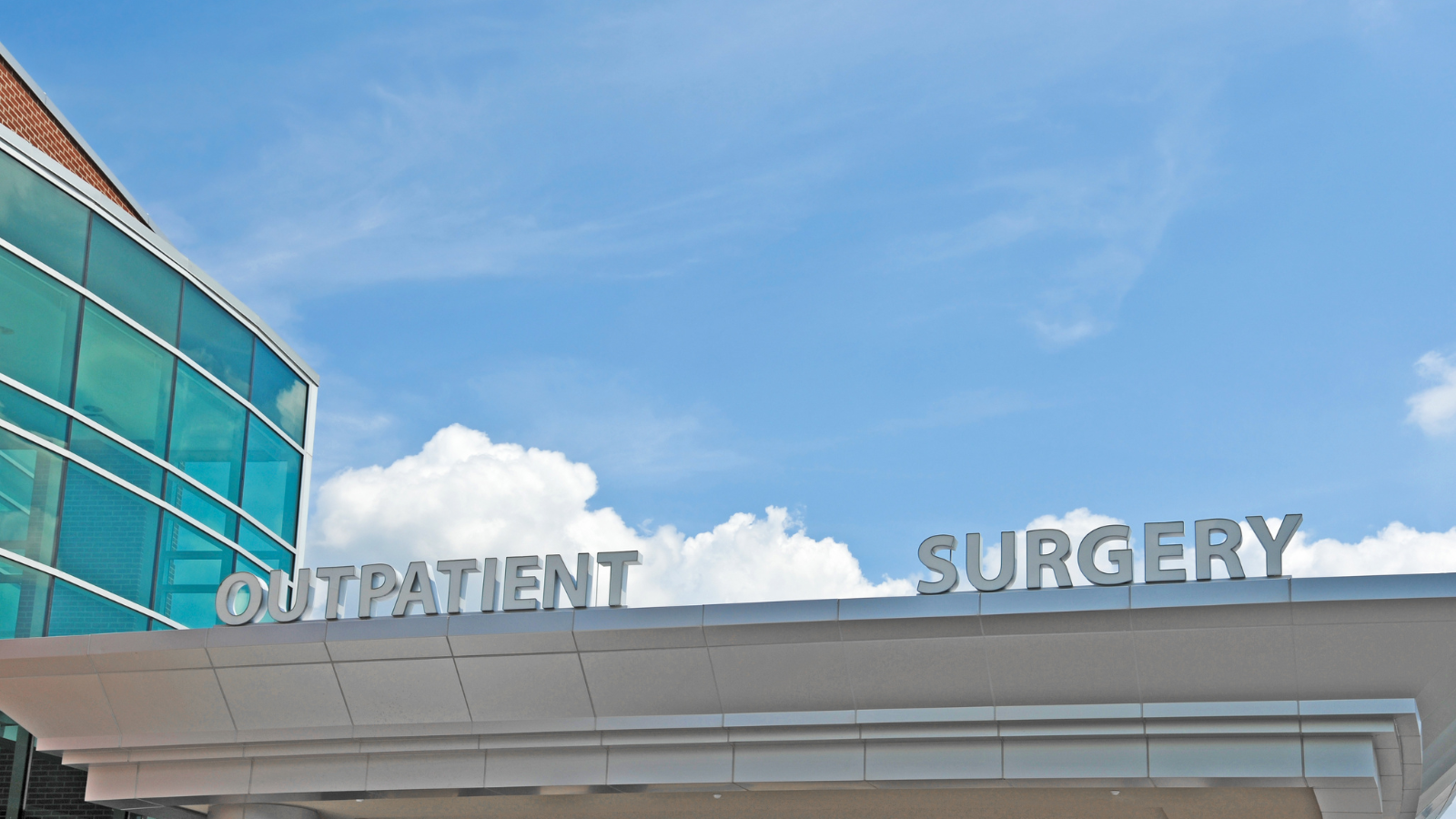
The migration of surgical cases from inpatient settings to ambulatory surgery centers (ASCs) continues to reshape perioperative leadership in 2025. Nationally, the trend is driven by payer incentives, patient preference, and cost pressures, with ASCs now performing more orthopedic, spine, and complex outpatient procedures than ever before. In fact, the…

Editor's Note Patients treated by hospital-affiliated physicians are far less likely to receive specialty procedures in lower-cost settings, while private-equity–affiliated doctors are the most likely to steer patients toward these options, Ambulatory Surgery Center News August 12 reports. The findings come from a Mount Sinai study that examined physician affiliation,…
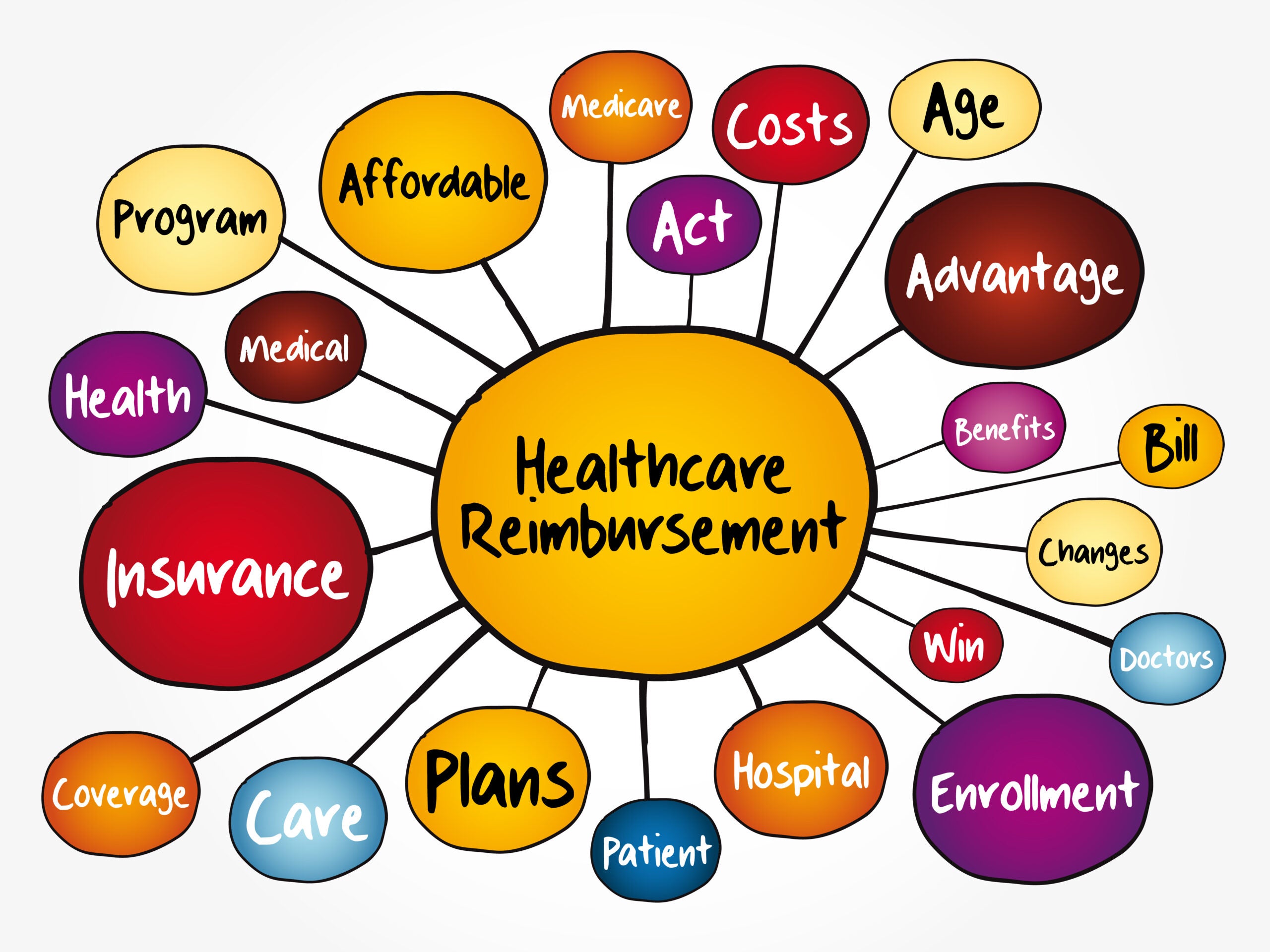
For decades, ambulatory surgery centers (ASCs) have shown their ability to deliver high-quality surgical care at substantially lower cost than hospital outpatient departments (HOPDs). ASCs achieve these savings through leaner operations, streamlined staffing models, and specialty-focused efficiencies, not by compromising safety or outcomes. Studies consistently highlight procedures performed in ASCs…

Running an ambulatory surgery center (ASC) is not for the faint of heart. ASC leaders are navigating tight margins, stricter-than-ever quality reporting, lean staffing resources, payer squeeze, and a relentless push to be profitable without proper support. And yet, the ASC market is booming. The number of Medicare-certified ASCs has…
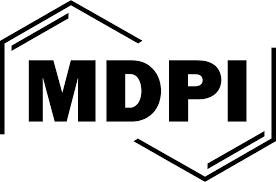
Editor's Note Hospital-employed physicians are least likely and private equity (PE)-affiliated physicians most likely to provide care in lower-cost ambulatory surgery centers (ASCs) or offices, according to a study published July 24 in the Journal of Market Access & Health Policy These care site differences translate to substantial variation in…